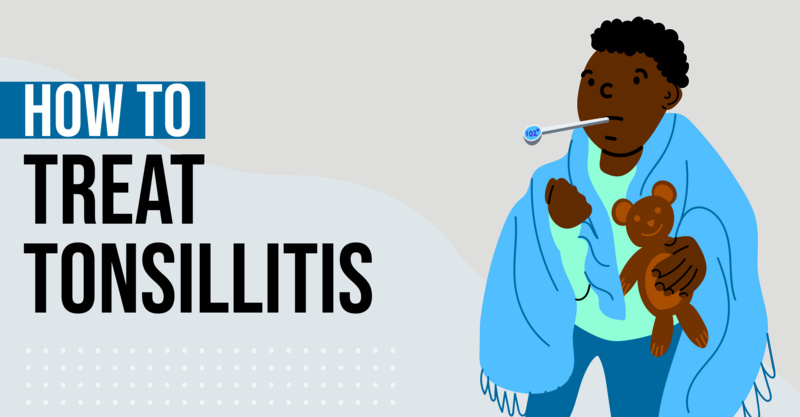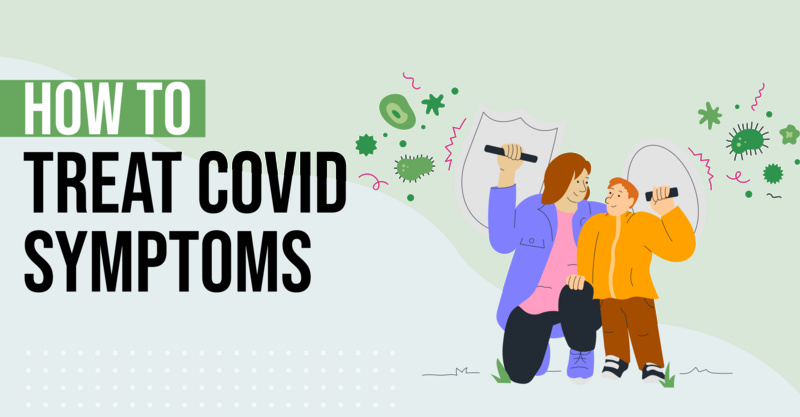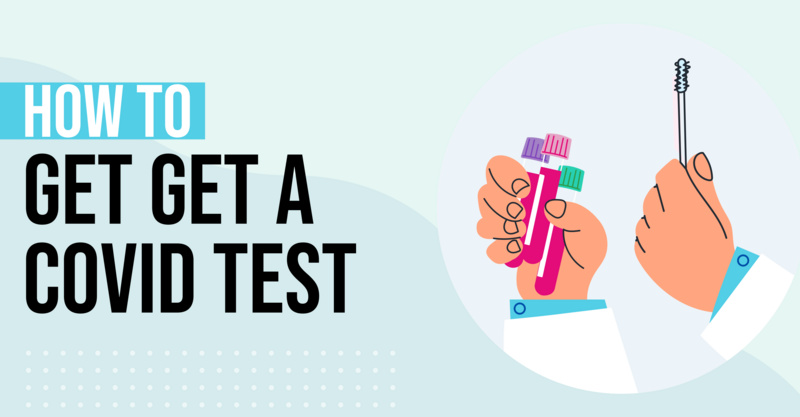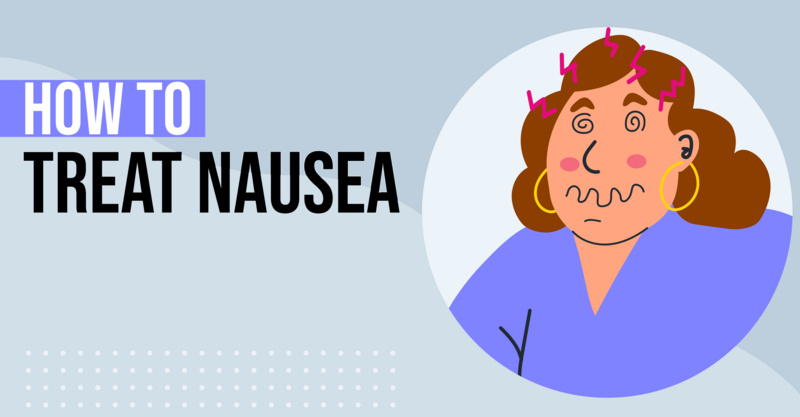Key Points
- Hand washing is crucial in preventing illnesses and infections as it eliminates bacteria that we acquire from touching contaminated surfaces.
- Regular hand washing can help prevent the spread of diseases like noroviruses, diarrhea, foodborne illnesses, and hepatitis A.
- It is especially important for protecting young children who are more vulnerable to infections due to lower immunity and higher exposure to germs.
- Hand washing can also help combat antibiotic resistance by reducing the need for these drugs to fight infections.
- The article provides practical advice on when and how to wash hands for maximum effectiveness.
4 Reasons Why You Would Need to Wash Hands
1. Avoid Getting Sick
Bacteria resides nearly everywhere and can transfer to the hands every time you touch surfaces or objects contaminated with bacteria. One of the greatest sources of bacteria is human and animal feces, which contain countless different bacteria, including Salmonella, Shigella, E. coli, and Campylobacter. Bacteria in feces can transfer to the hands after using the toilet, changing diapers, and handling pet waste or after touching surfaces that contain microscopic amounts of the bacteria.[1]
Washing hands can help you avoid getting sick from infections and diseases that include noroviruses, diarrhea, foodborne illness, and hepatitis A.[2] You can avoid airborne illnesses, including chicken pox, meningitis, and the common cold and flu, by washing your hands regularly.
2. Prevent the Spreading of Illness and Infection
Washing hands helps prevent illness and infection from spreading to the people around you and in your community. Bacteria from unwashed hands can spread to objects such as door handles, table tops, and toys and then transfer to another person’s hands when they touch these same objects. People with bacteria on their hands might transfer these bacteria to their mouth, eyes, and nose and unknowingly give themselves an infection.
Washing hands can limit and reduce the amount of bacteria that resides in your home, place of work, and local community. Educating people in the community about the importance of washing hands has been shown to reduce respiratory illnesses among the general population by up to 21 percent and reduce the number of people who become sick with diarrhea by 31 percent.[1]
3. Protect Young Children
Young children under the age of 5 tend to be more susceptible to infection and disease due to factors such as low immunity, lack of handwashing education, and higher levels of exposure to dirt, germs, and bacteria. An estimated 1.8 million children under the age of 5 die every year from pneumonia and diarrheal diseases that may have been prevented by washing hands properly and regularly.[1]
Washing hands can help protect young children from life-threatening diseases spread by bacteria. Teaching children how to practice good hand hygiene can improve child development and even attendance at school on behalf of lowered illness rates.[1]
4. Prevent Resistance to Antibiotics
Antibiotics have been widely used for so many years that some infectious bacteria have gradually become resistant to these drugs. Antibiotic resistance now contributes to 23,000 deaths every year that at one time may have been effectively prevented using antibiotics.[3] Washing hands can reduce the amount of antibiotics being used to fight these infections so people can be effectively treated while facing a lower risk for death. Washing hands can also prevent you and others from being infected by bacteria already resistant to antibiotics.[1]
Understanding Washing Hands
Washing hands allows you to clean and rinse away harmful germs and bacteria that can cause illness and disease. Washing your hands often using soap and water can prevent you from getting sick and spreading bacteria to your family and others.
The best times to wash your hands to prevent disease are before, during, and after preparing food and before eating food. Washing hands is also recommended after using the restroom, touching garbage, changing diapers, caring for someone who is sick, and touching animals or their waste. Washing hands should always take place before and after treating cuts and wounds and after coughing, sneezing, or blowing your nose.[4]
What to Expect When Washing Hands
The right way to wash your hands is to wet your hands under clean, running water before applying soap. Lather your hands all over using the soap, including the backs of your hands, under your nails, and between fingers. Scrub your hands for at least 20 seconds, then rinse the soap off your hands using clean, running water. Dry your hands under an air dryer or using a clean towel or washcloth.[4]
Use an alcohol-based hand sanitizer that contains at least 60 percent alcohol in situations where you don’t have access to soap and clean water. Apply the sanitizing gel to the palm of your hand, rub your hands together, then spend about 20 seconds rubbing the gel over your hands and fingers until your hands are completely dry. Alcohol-based hand sanitizers do not eliminate all types of germs, but they can help your hands stay relatively clean when soap and water aren’t available.[4]
Questions to Ask Your Doctor About Washing Hands
- What’s the best way to wash my hands?
- How much time should I spend washing my hands?
- Which soaps are best at killing germs and bacteria?
- Should I use liquid soap or bar soap to wash my hands?
- Is antibacterial soap better at disinfecting my hands than regular soap?
- Can I use hand sanitizer products instead of soap to wash my hands?
- How often should I wash my hands?
- Should I use hot water or cold water to wash my hands?
- How can I wash my hands if I don’t have access to soap and clean water?
Washing Hands May Also Be Known as
- Hand hygiene
- Handwashing
- Good hygiene
Frequently asked questions
Why is hand washing so important?
Hand washing is important because it helps prevent illnesses and infections by eliminating bacteria from our hands that we pick up from contaminated surfaces.What diseases can be prevented by regular hand washing?
Regular hand washing can help prevent diseases like noroviruses, diarrhea, foodborne illnesses, and hepatitis A.Why is hand washing especially important for children?
Hand washing is especially important for children because they are more susceptible to infections due to lower immunity and higher exposure to germs and bacteria.How does hand washing help in the fight against antibiotic resistance?
Hand washing can reduce the need for antibiotics to fight infections, which in turn helps prevent the development of drug-resistant bacteria.When are the best times to wash hands?
The best times to wash hands are before eating or preparing food, after using the bathroom, after touching animals, and when hands are visibly dirty.What is the correct way to wash hands?
The correct way to wash hands is to wet them with clean water, apply soap, scrub all surfaces for at least 20 seconds, rinse well, and dry with a clean towel.What should I expect when washing my hands properly?
When washing your hands properly, you should expect to spend at least 20 seconds scrubbing all surfaces of your hands with soap and water, and to have clean, germ-free hands afterwards.Can hand washing really lower the risk of death?
Yes, by preventing serious infections and diseases, regular and proper hand washing can indeed lower the risk of death.
Solv has strict sourcing guidelines and relies on peer-reviewed studies, academic research institutions, and medical associations. We avoid using tertiary references.









